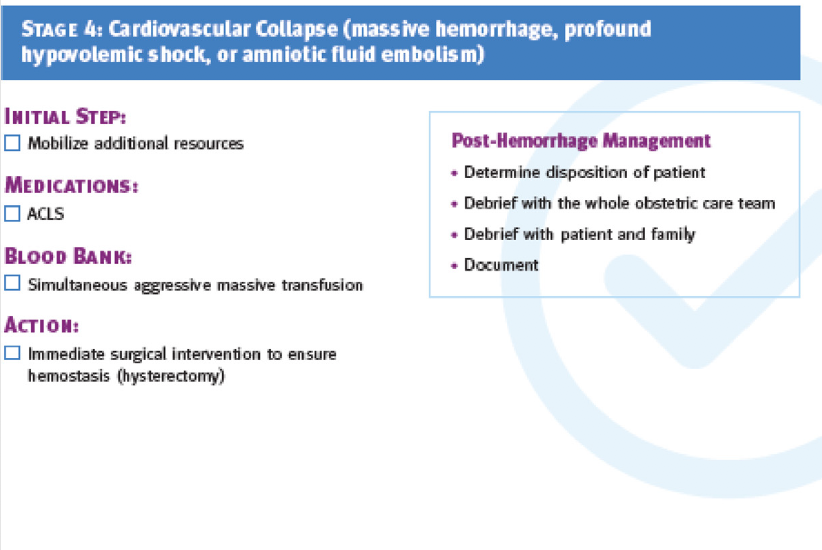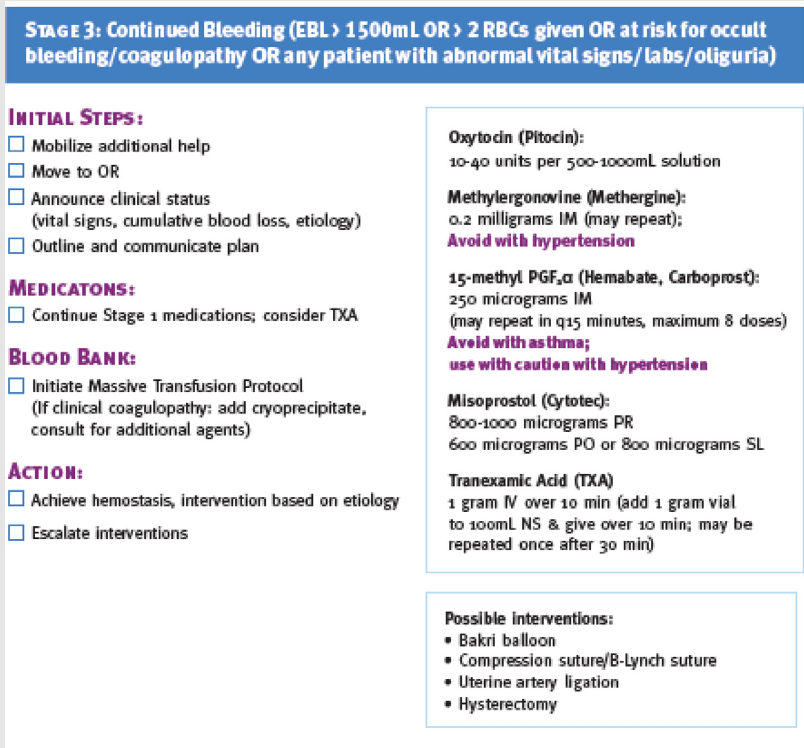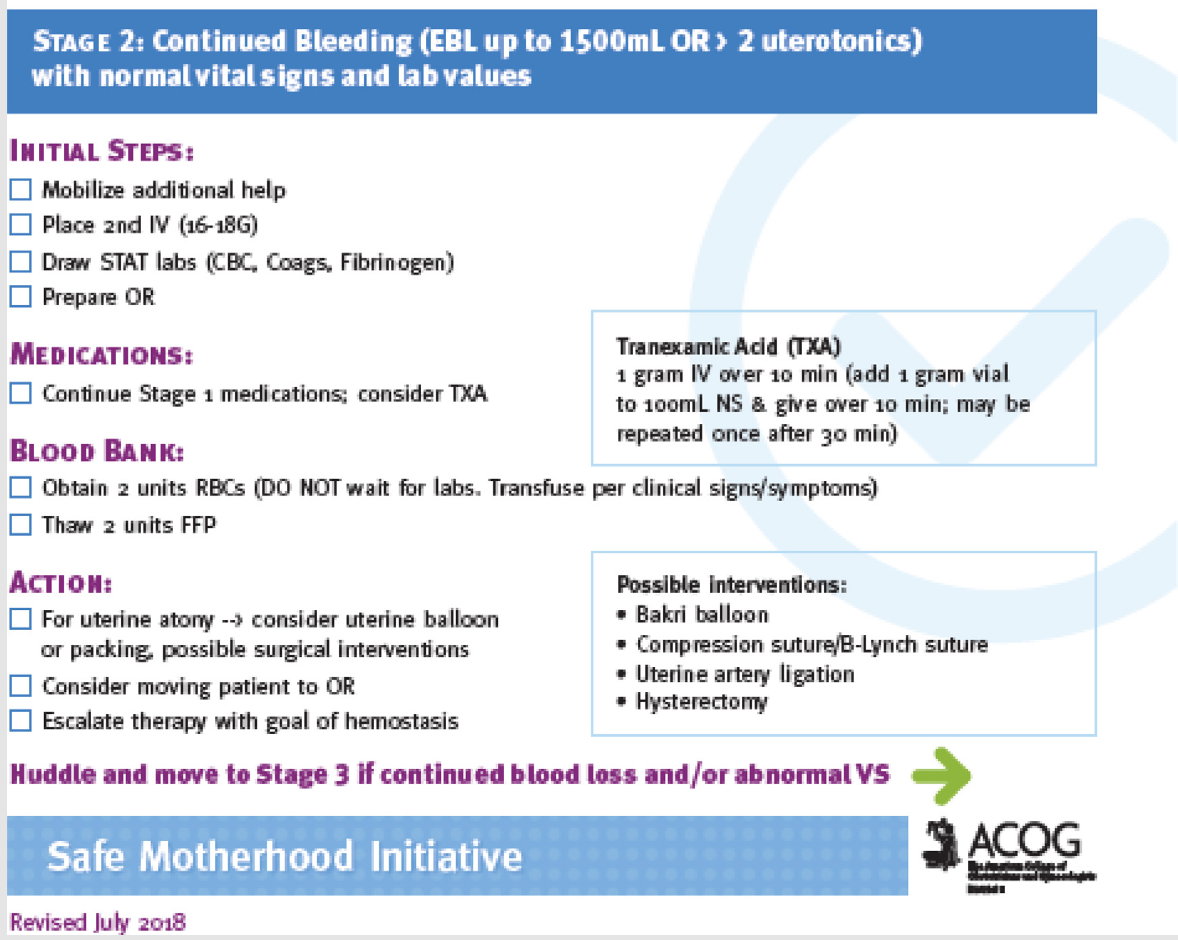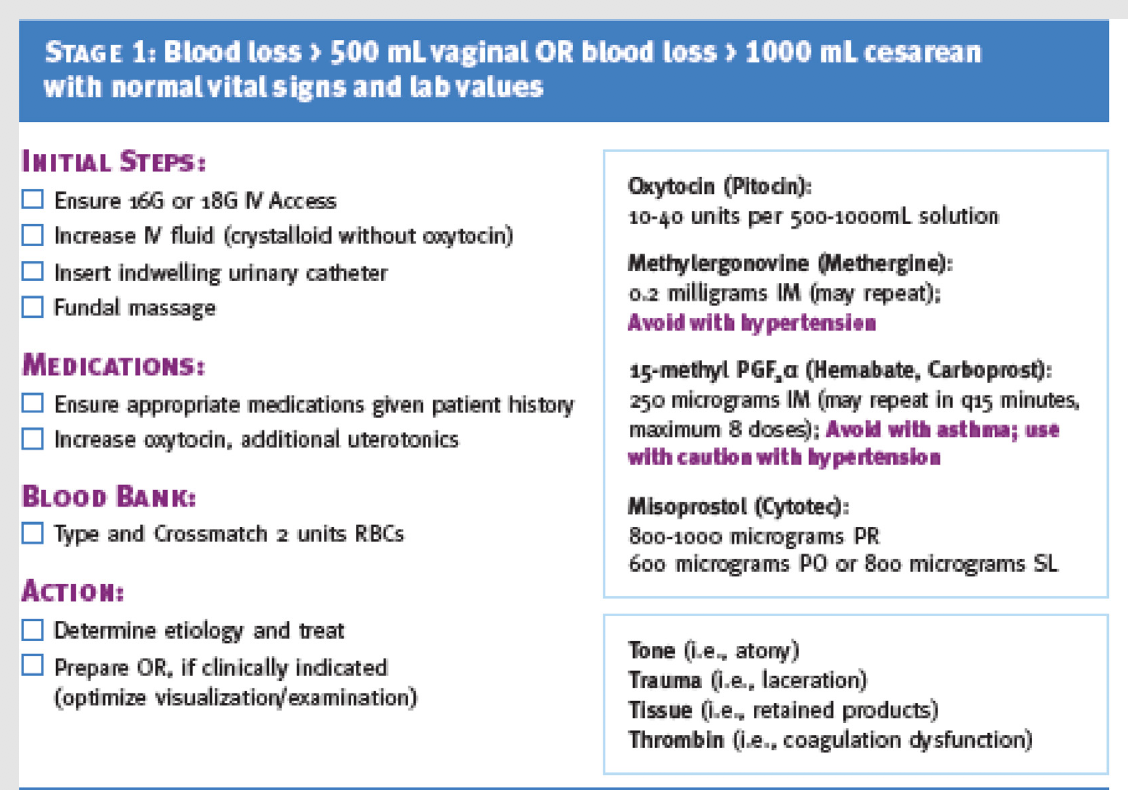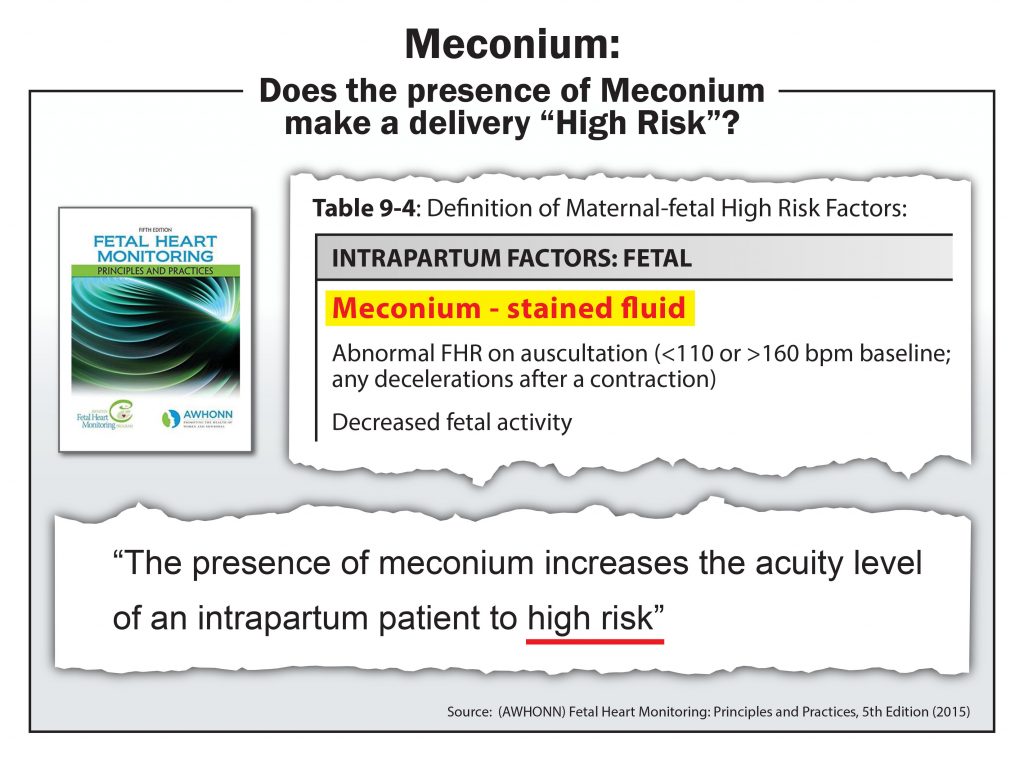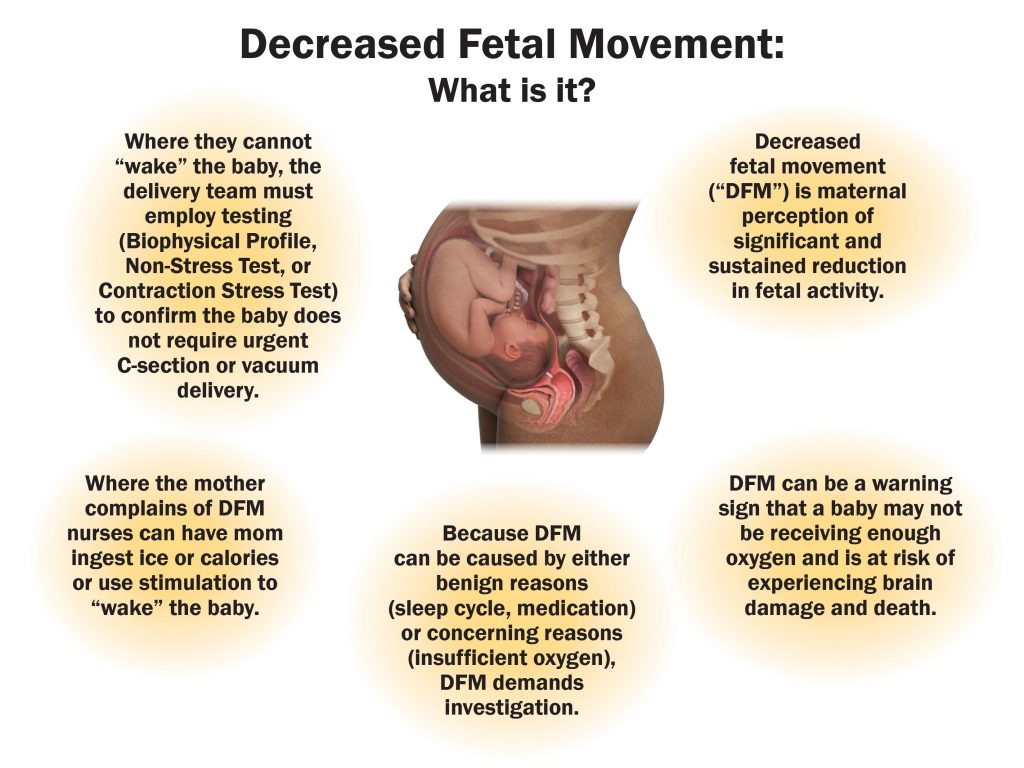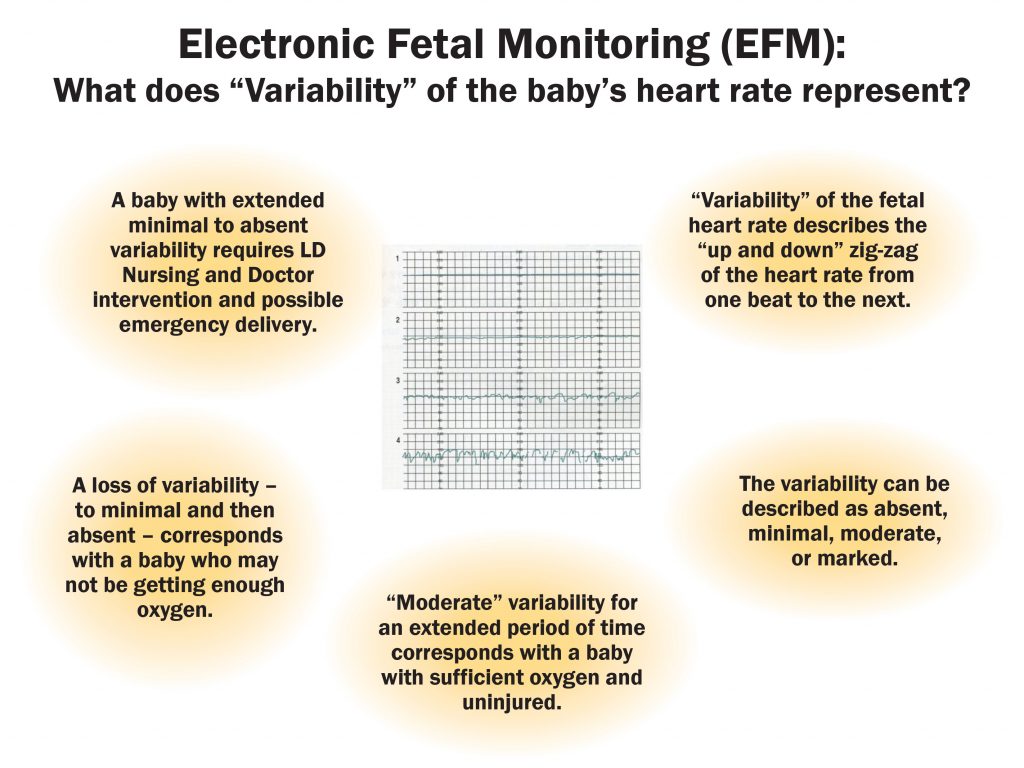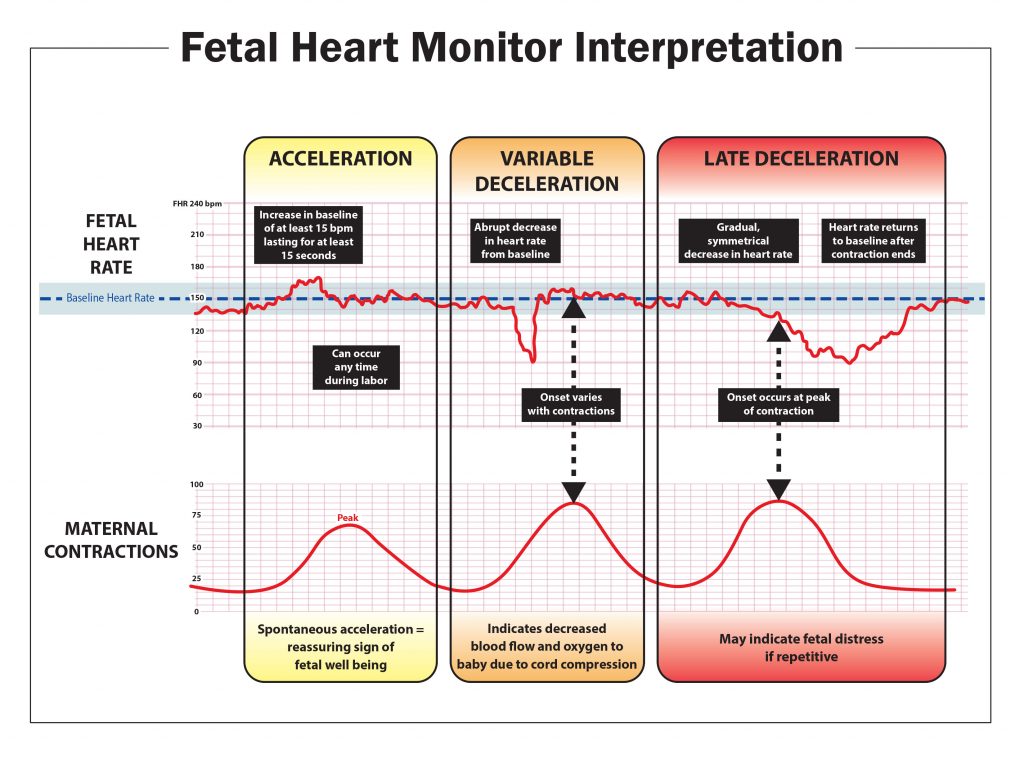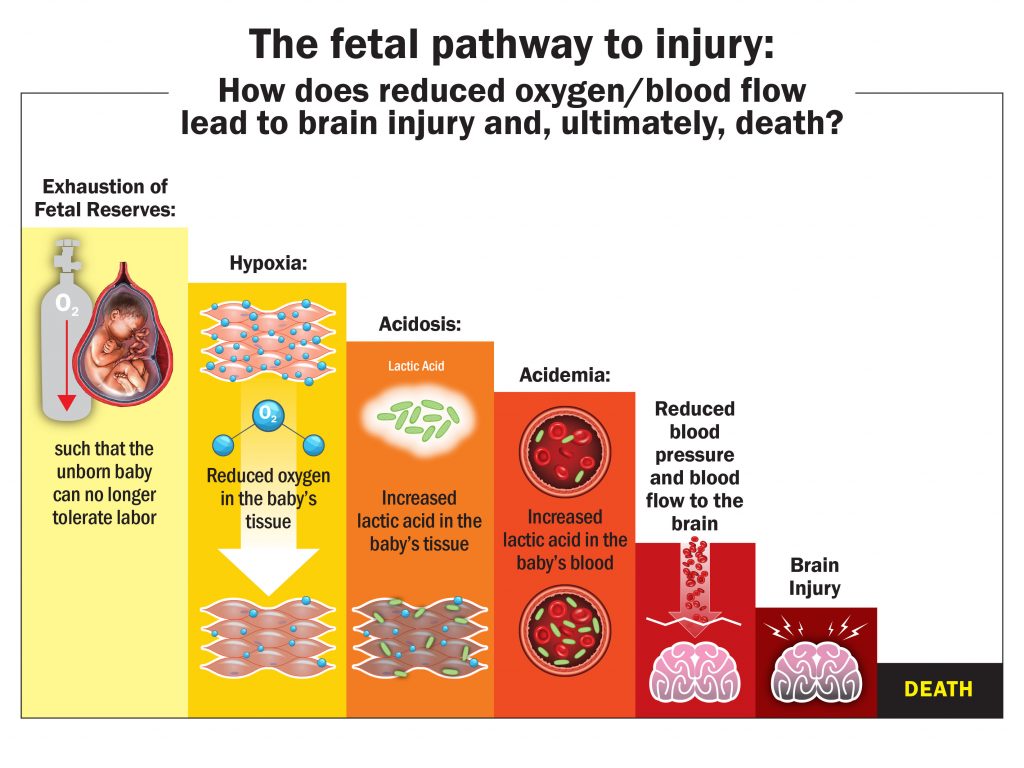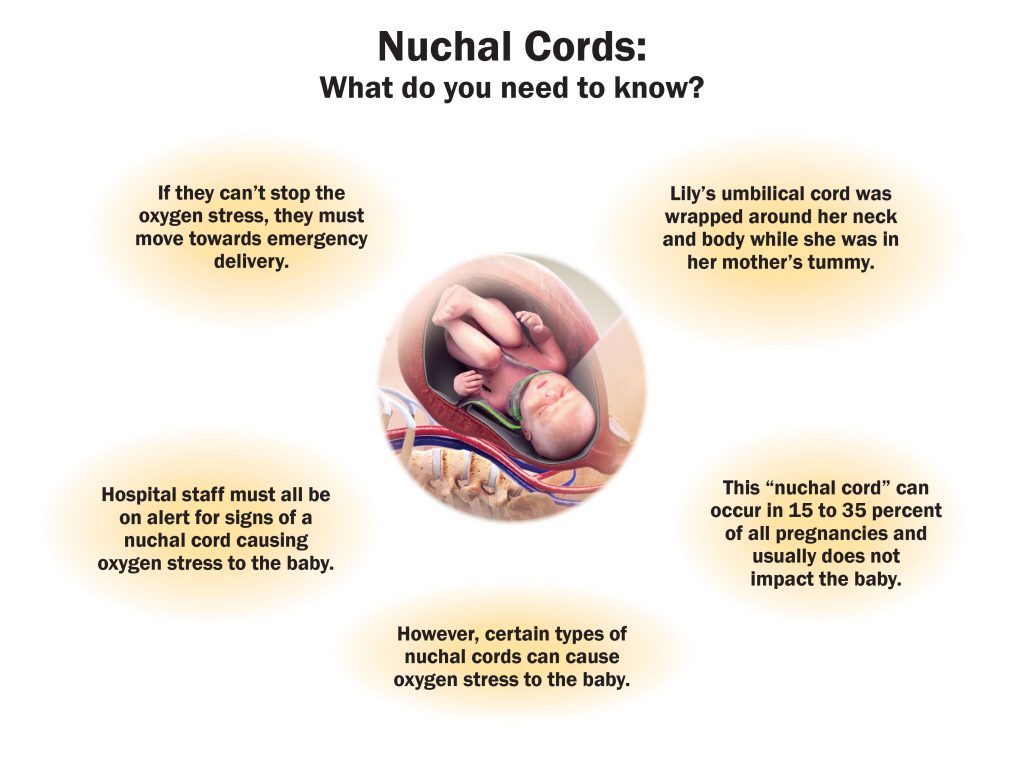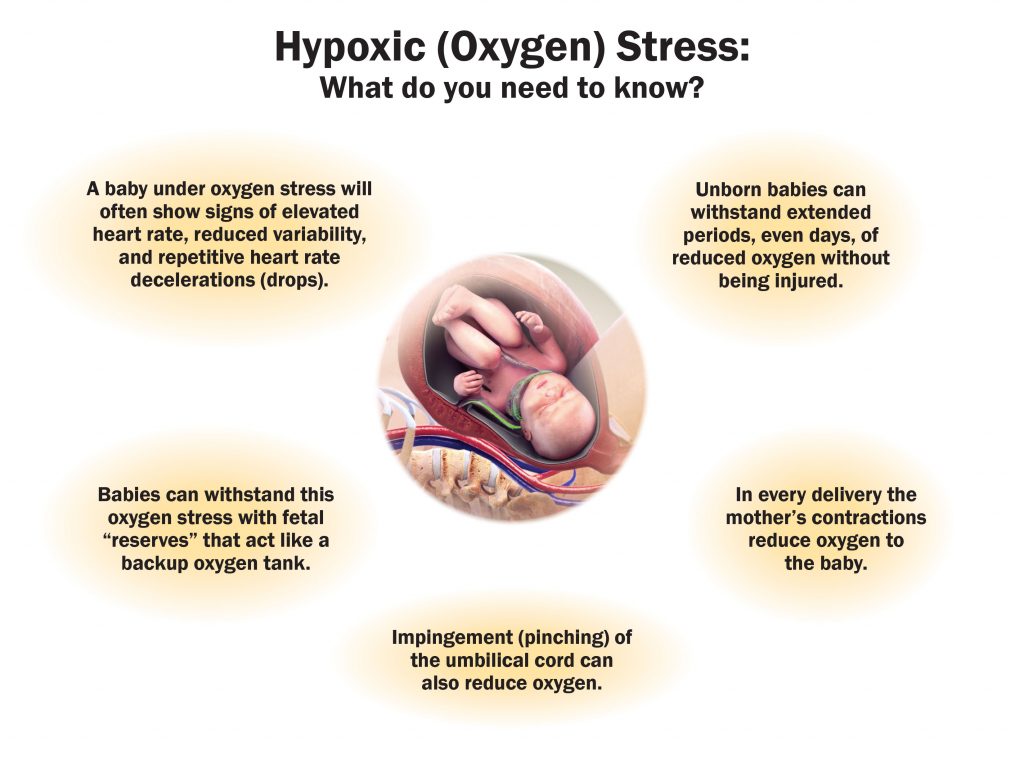After head injuries, people may experience a wide variety of symptoms. One of the more peculiar ones is phantosmia, more commonly known as an “olfactory hallucination.” When people experience olfactory hallucinations, they will smell scents that actually do not exist around them. According to the Mayo Clinic, these scents typically cannot be masked by food, and can occur in one or both nostrils. Aside from head injuries, olfactory hallucinations can occur from causes such as a stroke, upper respiratory infections, or epilepsy. Additionally, these scents are typically unpleasant, commonly resembling smoke, rotten eggs, gas, or a chemical-like odor. So what causes these hallucinations?
According to Donald Leopold of the University of Nebraska Medical Center, olfactory hallucinations have two possible causes: either an abnormal signal from the primary olfactory neurons, or signals from the peripheral olfactory or the largest pair of cranial nerves, called the trigeminal nerves, that begin a central process. In regard to the noxious nature of the hallucinated odors, it is believed that these odors may smell sickening because “humans learned very early to avoid noxious smells for survival,” according to Diane Mapes of NBC News. Typically, an olfactory hallucination will dissipate with sleep.
Longer-term olfactory hallucinations tend to occur when the smell system in the nose, or the olfactory bulb, which is situated just above the upper nose level, is disturbed, according to Ronald Devere, M.D., director of the Taste and Smell Disorder Clinic in Austin, Texas. Long-term olfactory hallucinations are called dysosmia, and have a wider variety of causes, head and nose injury among them. However, says Devere, in cases of long-term olfactory hallucinations, the brain is not usually the source of the problem, and the sense of smell for other odors also becomes affected.
Undoubtedly, olfactory hallucinations can be distracting and distressing because of their constant presence. Long-term, they can cause unexpected symptoms such as substantial weight loss due to the disorder’s effect on taste. Because olfactory hallucinations can also signal head trauma, seizures, or other serious injury, they should be taken seriously. Someone experiencing an olfactory hallucination may want to undergo a head and neck examination, and at the recommendation of a medical professional, an MRI or a brain-wave test, called an EEG, may be in order.
Tyrone Law Firm helps those who have experienced serious injuries such as traumatic brain injuries through no fault of their own. If you are seeking legal representation to help you deal with the ramifications of a serious injury, please contact the firm to discuss your situation.
Additional Resources
- “Distortion of Olfactory Perception: Diagnosis and Treatment,” Donald Leopold, Oxford Journal, May 25, 2002
- “Phantom Smells May be a Sign of Trouble,” Diane Mapes, NBC News, November 10, 2014
- “Olfactory Hallucinations,” Ronald DeVere, M.D., American Academy of Neurology, February-March 2012




 Hayley serves as a Labor and Delivery Nurse Consultant for the Tyrone Law Firm. She attended and graduated Cum Laude from the University of Georgia in 2004 with a Bachelor of Arts degree in Journalism/Public Relations. After graduation she moved to the gulf coast where she pursued a career in real estate and development.
Hayley serves as a Labor and Delivery Nurse Consultant for the Tyrone Law Firm. She attended and graduated Cum Laude from the University of Georgia in 2004 with a Bachelor of Arts degree in Journalism/Public Relations. After graduation she moved to the gulf coast where she pursued a career in real estate and development.
